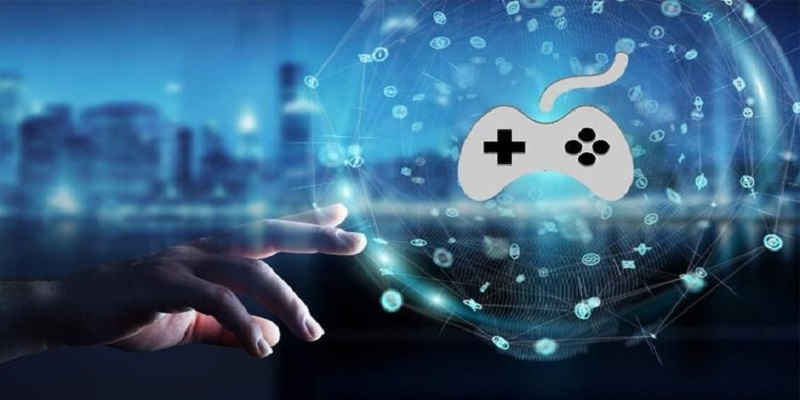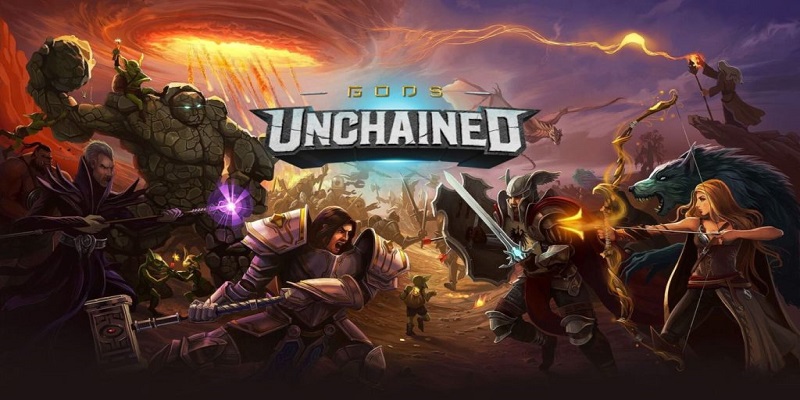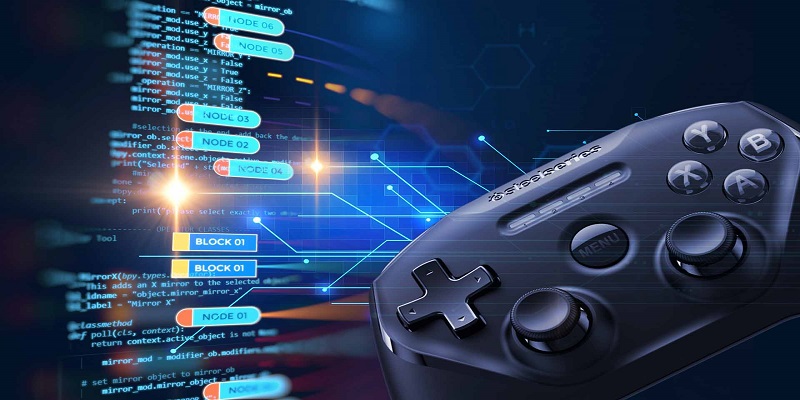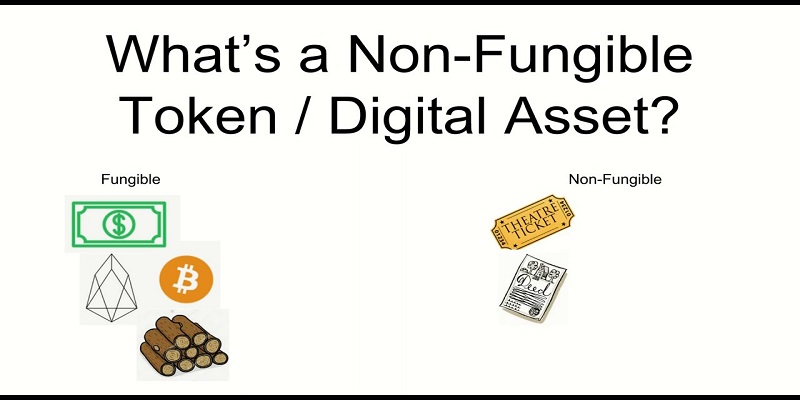
Gone are the days when blockchain technology was solely viewed as an enigma of finance sector. As it happens, it has gone far beyond it and shown great promise in myriad sectors. Having long been pegged as a sleeping giant, it is now driving the 21st century’s innovation, fostering growth, and adding enormous engines to a wide range of industries and the gaming industry is no exception.
Blockchain’s key utility that makes it so revolutionary is its ability to disassemble the data into millions of pieces and distributes them across the network.
This method of storing data gives blockchain a unique set of properties. Let’s understand how the role and application of blockchain can prove efficacious.
Firstly — Data will be decentralised which means it is spread across the network and not held in one place – no single individual or institution owns or maintains the data.
Secondly — The data cannot be changed or manipulated: it is immutable. The blockchain technology constantly verifies the chains of data, which makes any changes or nefarious activity immediately visible.
Thirdly — The entire blockchain infrastructure is secured by complex cryptography that promotes robust data encryption.
Fused together, these properties are now being used in new ways to change gaming as we know it. Uses of Blockchain gaming are mainly controlled by the transaction capacity of blockchain platforms in case of Ethereum.
Card games are among the first games to use blockchain technology in gameplay. The unique feature presented by collectible cards is that the cards themselves, as non-fungible tokens, become tradeable items. Most of the time, the NFTs are traded on OpenSea. One of the most popular collectible card games using blockchain technology is Gods Unchained.

For 2020, the overall global gaming market is expected to hit $159.3 billion, and that could grow due to the COVID-19 pandemic keeping people at home, according to gaming analyst firm, NewZoo.
Therefore Blockchain facility is needed more than ever by the gaming companies as people are consuming games more than ever. There is a growing need to evolve mechanisms to combat the prospect of hackers finding loopholes to hack accounts. There have been numerous instances in the news about data theft, hacking of users’ gaming accounts. But all this can be easily averted if users’ data are cryptographically recorded and decentralised.
This data can be anything from in-game assets, to identity details, to bank accounts linked to the gaming platforms for the in-game transactions as and so on. With data breach cases bourgeoning in by the day, it is extremely concerning today for us as to where gamers are actually safe.
Naturally the accountability lies with the game companies who will be hard-pressed to find tools to protect their user-base, making way for blockchain.

Blockchain essentially provides a decentralized transparent ledger that is cryptographically stored on various nodes spread across the world. No single entity controls the network, no single database to attack or hack, and no possibility of reversing the transactions once made. The low cost of transactions makes it easier to transfer money or any other tokenized asset across the world. These transactions do not go through any middleman and hence the transactions are near real-time.
Blockchain solves some of the major problems in the gaming industry today. According to independent security analyst Nathan Jacobs, here are some of the problems and how blockchain can solve them:-
Verifiability and transparency
One of the developments in modern games is the use of assets to complete missions. You need guns, props, environments, cars, planes, characters and art. Modern games are dependent on these assets that are scarce in supply and can be purchased with real-world money as an in-game purchase or earned as the player progresses in the game.
Games need to be neutral for a player to work hard or spend their money to acquire these assets. However, currently, there is no accountability or transparency. Since these assets are virtual, game developers could just produce an unlimited amount or rig the market by providing it to certain players. There needs to be transparency and verifiability.
Blockchain enables the tokenization of these assets and the creation of decentralized gaming asset markets. Since the ledger is open for everyone to check and verify, this increases the trust factor. Also, gamers can visit the decentralized markets to buy virtual assets at a fair price based on an open order book.
Verifiable scarcity
One of the properties of these assets that make them valuable is scarcity. However, with the current setup, it is impossible for a player to know how scarce a particular Kevlar plate of armour is. If these assets are issued on a blockchain, players can easily verify the total quantity on the block ledger. This increases the trust and hence the value of the marketplace itself.
Security
Gaming platforms are hosted on centralized servers and transactions are often made on mobile phones or desktops without adequate security measures. Also, assets held in gaming accounts are liable to be stolen. They are not as secure as our bank accounts, however valuable a gaming account may be.
Blockchain is known for being the most secure way of storing value. They are designed to be un-hackable. Storing digital gaming assets on a blockchain would enhance the security for a player who has worked hard to collect them.
Collectible Items
Blockchains can also store value in form of non-fungible tokens or NFTs. These are tokens that represent a unique value. Games have assets that are unique and collectible. These assets are highly valuable. NFTs could be used to represent these items and make them easy to store on a wallet, less expensive to sell and trade on an open market.

Digital assets exchange
Currently, digital assets are traded inside the game or on exchanges like Wax, OpenSea, and RareBits. These exchanges could be more transparent on a decentralized exchange in a tokenized form. Paying for such exchange always poses risks such as exposure to scammers or buying of fake assets. Decentralised exchanges on blockchain solve this.
Time and cost of a transaction
Gaming is a global phenomenon. Players from different countries routinely play games like Counter-Strike with each other. How would they transfer their assets without taking days for processing payments and jumping through the legal hoops?
Blockchain would enable instant payments across the world. This means there would be no restrictions.
Blockchain in future gaming
The intersection of blockchain and gaming is an interesting world where lifelike reality is possible in a virtual world. With advances in VR, this world is more likely to be even more integrated with our real-world experience than we can imagine right now.
We are witnessing a revolution in gaming and blockchain. Combined, they will create an ecosystem that works seamlessly, making blockchain the invisible player in the background.
Polyient Games is an early adopter in the gaming investment blockchain marketplace. Other companies include Forte, which in 2019 raised a $100 million fund for blockchain gaming, and Dapper Labs, which started the online CryptoKitties collectibles craze in 2017.
With the online gaming sector reaching a fever pitch, it is essential that gaming companies future-proof themselves and incorporate blockchain technology to control the overall data and transform into a secure gaming environment.
